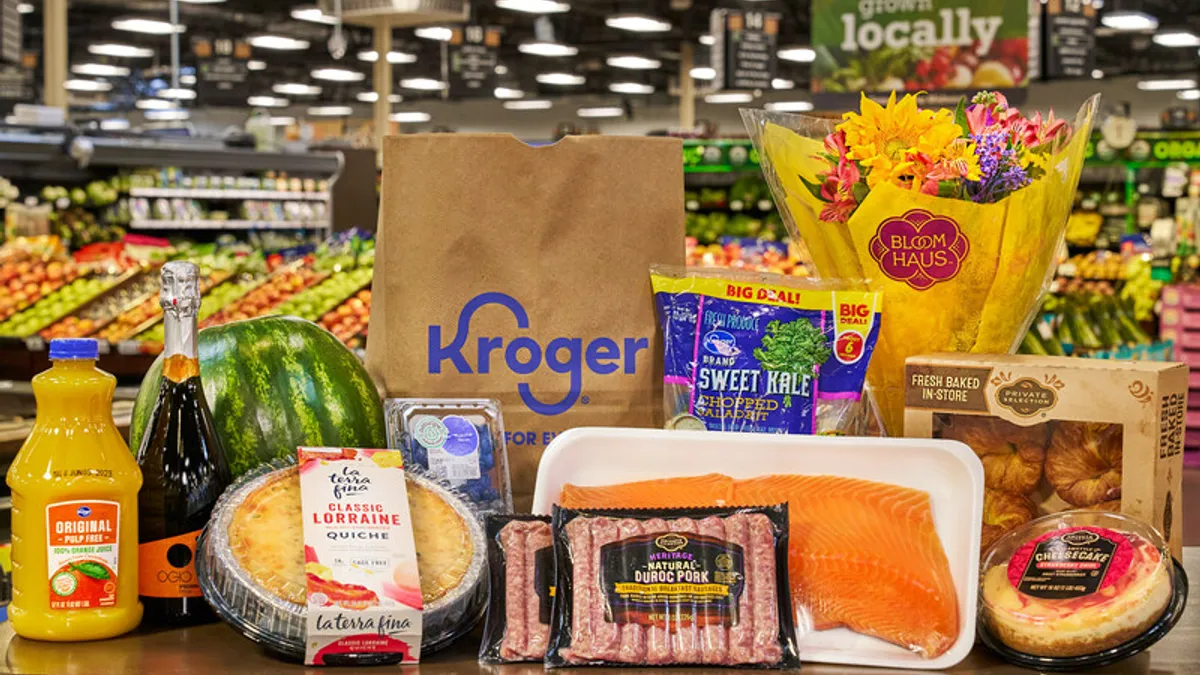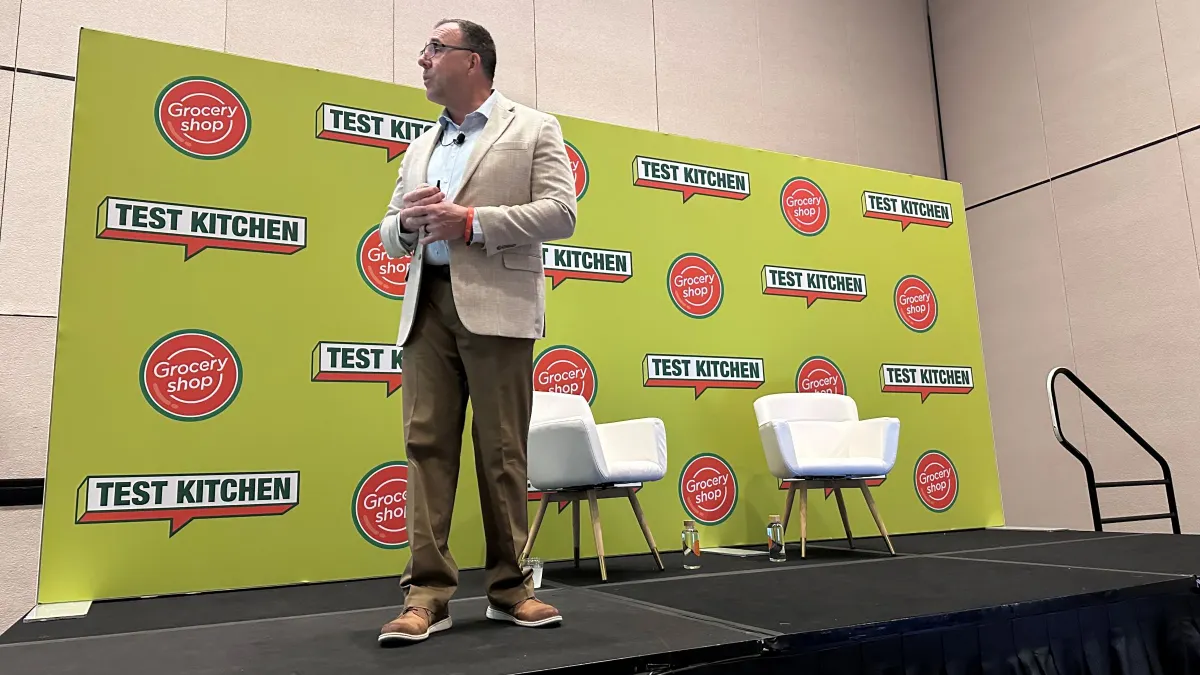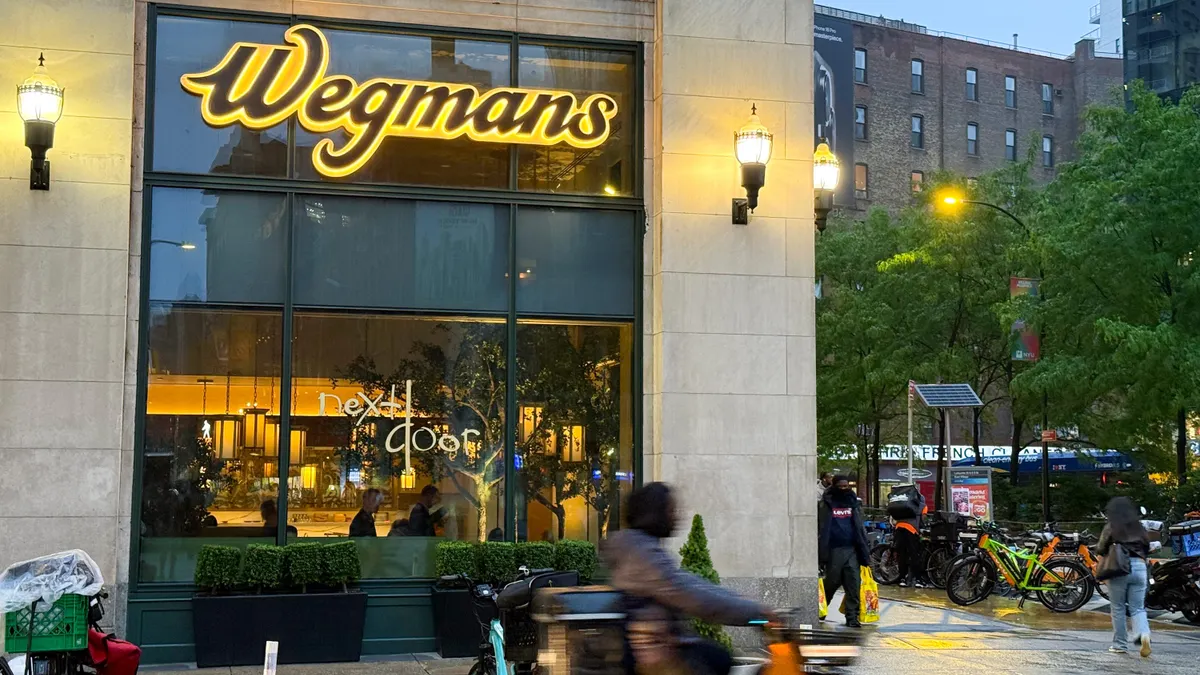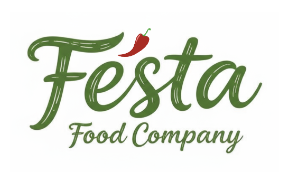The Friday Checkout is a weekly column providing more insight on the news, rounding up the announcements you may have missed and sharing what’s to come.
ChatGPT and a few big-name retailers view the AI-powered chatbot as a new way to reel in grocery shoppers.
Last week, OpenAI shared that Uber, Instacart, Target and DoorDash will integrate with ChatGPT later this year, allowing ChatGPT users to conversationally explore digital food aisles. This week, Walmart unveiled that people will soon be able to make purchases within ChatGPT by using the new Instant Checkout feature. While that function currently supports single-item purchases, ChatGPT plans to expand it to multi-item carts, sister site Retail Dive reported.
This all raises the question of how big a role AI-powered chatbots will play in attracting grocery shoppers and lifting retailers’ sales.
It’s easy to see people turning to AI-powered chatbots to help them figure out ingredient substitutions in recipes — like recommending a particular yogurt brand to replace eggs when making pumpkin bread, or making suggestions for seasonal appetizers for a Friendsgiving. Instacart Chief Technology Officer Anirban Kundu wrote on LinkedIn recently that AI is helping people with their shopping lists, meal planning and last-minute cravings, all of which are “deeply personal.”
As these partnerships roll out, it will be interesting to see how often and for what use cases people will turn to ChatGPT to help them with their grocery shopping needs. ChatGPT could become a cornerstone of grocery e-commerce, which continues to see sales growth in the U.S., if the industry figures out what problems the AI chatbot can solve for people.
In case you missed it
Online grocery sales power ahead
Grocery e-commerce sales reached a new high of $12.5 billion in September, a 31% year-over-year increase, Brick Meets Click and Mercatus reported this week. The gain was fueled by increases in order frequency, the value of the average order and a record number of monthly active users.
The pickup, delivery and ship-to-home fulfillment channels all recorded increases in their base of monthly active users. In addition, the size of the average ship-to-home order rose by nearly 11% compared with the same month in 2024, propelled in part by the expansion of Amazon’s same-day fresh grocery delivery service.
Food Lion looks to haul in repeat shoppers with extra savings
The Ahold Delhaize-owned supermarket chain is offering shoppers who belong to its loyalty program a $20 coupon if they spend $50 in its stores or online on at least six occasions between Oct. 15 and Nov. 26.
The grocer described its “MVP Fall Haul” program as a “seasonal offering designed to simplify shopping, provide fresh products at affordable prices and help families prepare for meaningful gatherings with ease and confidence.”
PCC Community Markets moves delis to self-service
The Seattle-based grocery co-op has transitioned to self-service deli cases in some of its stores and plans to make the change at all of its locations “in the coming months,” President and CEO Krish Srinivasan said in a Monday note to members.
While PCC recognizes that the shift might not be easy for some customers, the grocer decided to make the switch after gathering feedback and taking “practical considerations around food waste, packaging and efficiency” into consideration, he said. “Rest assured, the same high-quality ingredients, recipes and customer service remain at the heart” of PCC’s deli offering, Srinivasan wrote.
Impulse find
For Trader Joe’s, having fun while buying groceries is the name of the game
Trader Joe’s is famed for its broad assortment of private label goods, but the specialty grocer wants shoppers to know that the way it comes up with names for products — think “Everything But The Leftovers Seasoning” or “Teeny Tiny Avocados” — is anything but generic.
“[W]e believe that grocery shopping can be fun, that it does not have to be a chore. And when you bring the things that you buy from your Trader Joe’s home, we'd love to extend that experience to your cupboard, to your freezer,” Matt Sloan, an executive for the retailer, explained during a recent episode in the “Inside Trader Joe’s” podcast series.
With that in mind, Trader Joe’s deliberately takes a whimsical approach to naming items — even when deciding what to call everyday items like cereal bars, popcorn or dip, Tara Miller, another Trader Joe’s executive, said during the audio program.
Miller singled out Trader Joe’s house-branded guacamole as an example of how the company creates names for products. “You’re walking down an aisle, and you are in front of a refrigerated case, and you see a package of something called Avocado's Number Guacamole. What the heck is that about? And then you read the package, and you realize that we named it that because it has so many avocados in every product,” calling to mind the mathematical term “Avogadro’s number.”
Sloan noted that Trader Joe’s specifically looks for characteristics of products that inspire memorable names: “[O]ftentimes, there are conversations along the way in development through and at the tasting panel where we almost workshop amongst ourselves an idea to say, ‘Man, those are giant olives, Those might be the world's largest queen Saviano olives,’ … and that might lead us to the World’s Puffiest White Cheddar Corn Puffs.”



















